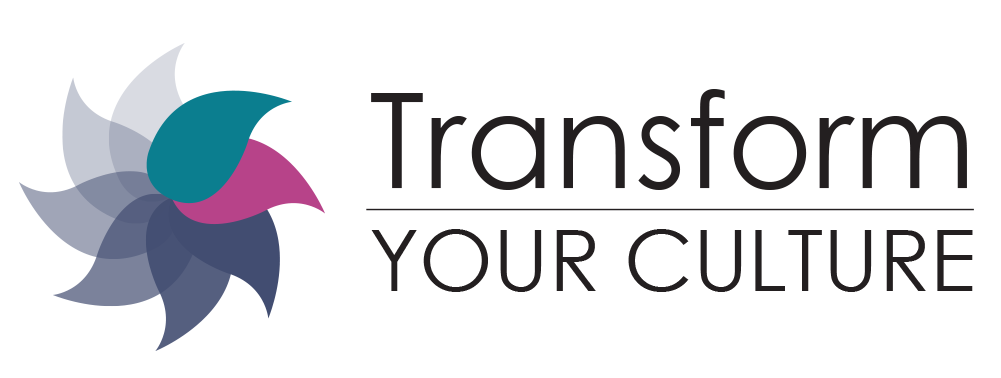Are you feeling like life is a bit out of control?
I get it. This is a pretty universal experience in these volatile times. Juggling career, family, volunteering, and trying to grab personal time amid our chaotic and changing schedules can stress anyone out.
Nowhere is the situation more challenging than when we are trying to focus, lead, and innovate at work. Here is the important message: We don’t have to just react to all this stress; there is an alternative!
STOP!
Just stopping for a moment—stopping what we are doing, pausing what we are thinking, and creating a moment of stillness can be the key to reducing stress and not taking an action we may regret.
How is this possible?
As you consider the answer to this question, it helps if we think about how we normally spend our time during work. Do you experience the challenge and constant pull of multitasking—emails and texts, conference calls and meetings, and coworkers needing your attention?
Multi-tasking and information overload impedes creativity, limits our focus, and increases stress.
Because of research done by Harvard Business School’s Leslie Perlow, many companies such as IBM, Intel, U.S. Cellular, and Deloitte & Touche are now implementing “quiet time” periods when workers are protected from interruptions in order to focus on their work. During this study, individuals were banned from all messaging and phone contact for four hours in the morning. When given time to concentrate in this way, the worker’s performance significantly improved.
Many of us don’t work in an environment that provides this opportunity for silence and reflection, so we may have to create these opportunities for ourselves. Not only is our productivity at stake if we don’t take this step, but also there is an increased potential for reactivity to situations that can have negative repercussions.
Micro-Practice: Step away for a moment.
When you feel overwhelmed by chaos at your desk, or with other people, try literally walking away to find a few moments to be alone. Take a few deep breaths, and regain your sense of balance.
Don’t Press “Send.”
Consider that email that got you so angry. We tend to read emails quickly, jump to a conclusion, and pound out a reactive response. On more than one occasion, I have regretted not taking another minute to read the letter more carefully and for detail!
Mindfulness—becoming aware and present to what we are feeling—plays an important role here, as does the emotional regulation that develops from it. If we feel triggered when a confrontational email arrives, we can use the STOP technique, a form of the “mindful pause.”
Micro-Practice: STOP
Stop whatever you are doing: You can even say the word to yourself or out loud. This interrupts your reactive mind.
Take a breath deep into your belly and out through your mouth: Deep breathing increases the flow of oxygen to the brain and activates the parasympathetic nervous system, which promotes a sense of calmness.
Observe what you are thinking, feeling in your body, and feeling emotionally: Observing what you are experiencing has the effect of reducing your fear/reactive response.
Proceed mindfully, without reaction, and decide how to respond: Re-read the email and check for understanding and details you many have missed.
Image: Wikimedia Commons


